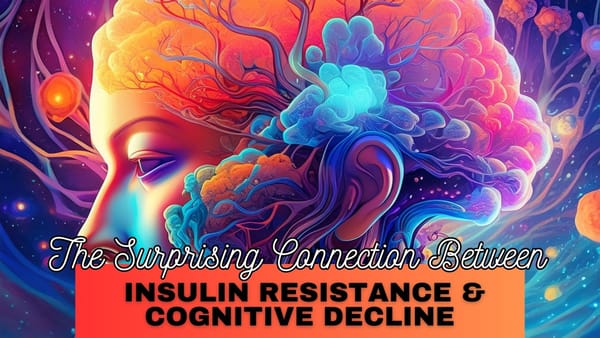Mental Health Crisis: The Link Between Depression and Diet
Delve into the relationship between depression and diet on our Health and Wellness website. Gain a deeper understanding of how food choices can impact mental well-being..
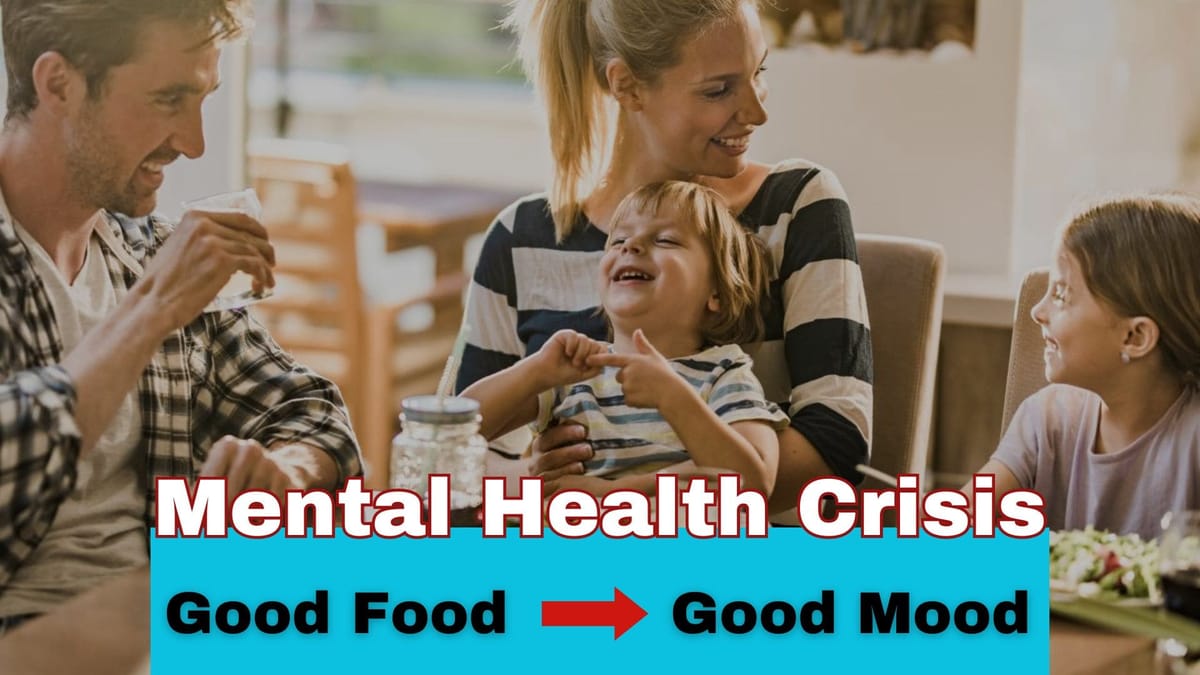
Mental health is a crucial aspect of overall well-being, encompassing our emotional, psychological, and social state. It influences how we think, feel, and behave, impacting our ability to cope with life's challenges and live fulfilling lives. Unfortunately, mental health issues are becoming increasingly prevalent, with depression and anxiety affecting millions worldwide.
Fortunately, nutritional psychiatry is a reasonably new field dedicated to understanding how dietary choices affect our mood, thinking, and behaviour.
Science has revealed that feeding your brain properly has the potential to prevent or help treat mental health disorders, and in some cases help people reduce or even eliminate the need for psychiatric medications.
The Role of Nutrition in Mental Health
Nutrition plays a vital role in maintaining good mental health. The foods we consume provide the necessary nutrients for our bodies and brains to function optimally. A diet lacking essential vitamins, minerals, and other nutrients can contribute to various mental health problems, including depression and anxiety.
Poor nutrition can:
- Disrupt brain chemistry
- Increase inflammation
- Impair cognitive function
- Contribute to nutrient deficiencies
These factors can directly impact our mood, energy levels, and overall mental well-being.
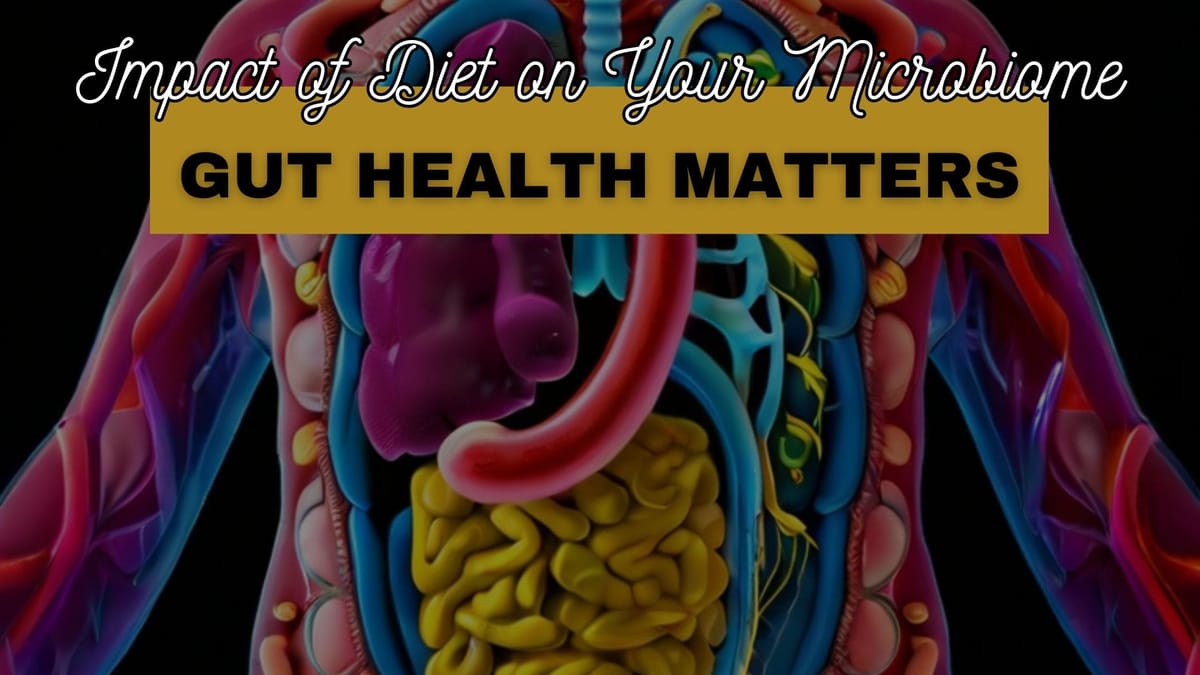
Depression, Anxiety and Diet
Depression is a serious mental health condition characterized by persistent sadness, loss of interest, and feelings of worthlessness or guilt. According to the World Health Organization, depression affects over 300 million people worldwide.
Anxiety is another common mental health issue that can significantly impact an individual's quality of life. It involves worry, fear, and unease that can interfere with daily activities.
Research has shown a strong link between depression, anxiety and diet. Certain dietary patterns and food choices can either alleviate or exacerbate symptoms.
- Complex Carbohydrates: Foods like brown rice, starchy vegetables, and whole grains provide sustained energy, help regulate blood sugar levels and impact mood stability.
- Healthy fats (found in avocados, nuts, and fatty fish, ie. Omega 3)
- Fibre-Rich Foods: Fruits, vegetables, and whole grains are excellent sources of fibre, which can help maintain stable blood sugar levels and promote a healthy gut microbiome - essential for mental wellness.
- Antioxidant-Rich Foods: Berries, leafy greens, and turmeric are packed with antioxidants that can help reduce inflammation, a known contributor to mental health issues like depression and anxiety.
- Folate Sources: Leafy greens and lentils are rich in folate, a B vitamin crucial for dopamine, a neurotransmitter associated with pleasure and motivation.
- Vitamin D Sources: Adequate vitamin D levels, obtained through sunlight exposure or foods like mushrooms, can support the production of serotonin, the "happy hormone" that regulates mood, sleep, and appetite.
- Magnesium-Rich Foods: Cacao nibs, almonds, and spinach are excellent sources of magnesium, a mineral that plays a role in mood regulation and can help reduce anxiety and stress.
- Fermented Foods: Probiotic-rich foods like sauerkraut, kimchi, and yoghurt support a healthy gut microbiome, which is essential for mental well-being.
- Processed foods (high in sugar, salt, and unhealthy fats)
- Refined carbohydrates (white bread, pastries, and sugary snacks)
- Alcohol and caffeine (in excessive amounts)
- Trans fats (found in fried foods and some baked goods)
- Artificial sweeteners (may disrupt gut health)
The Importance of a Balanced Diet for Mental Health
Maintaining a balanced diet is crucial for supporting overall mental health. A diet rich in whole foods, including fruits, vegetables, lean proteins, and healthy fats, can provide the necessary nutrients for optimal brain function and emotional well-being.
"Let food be thy medicine and medicine be thy food." - Hippocrate
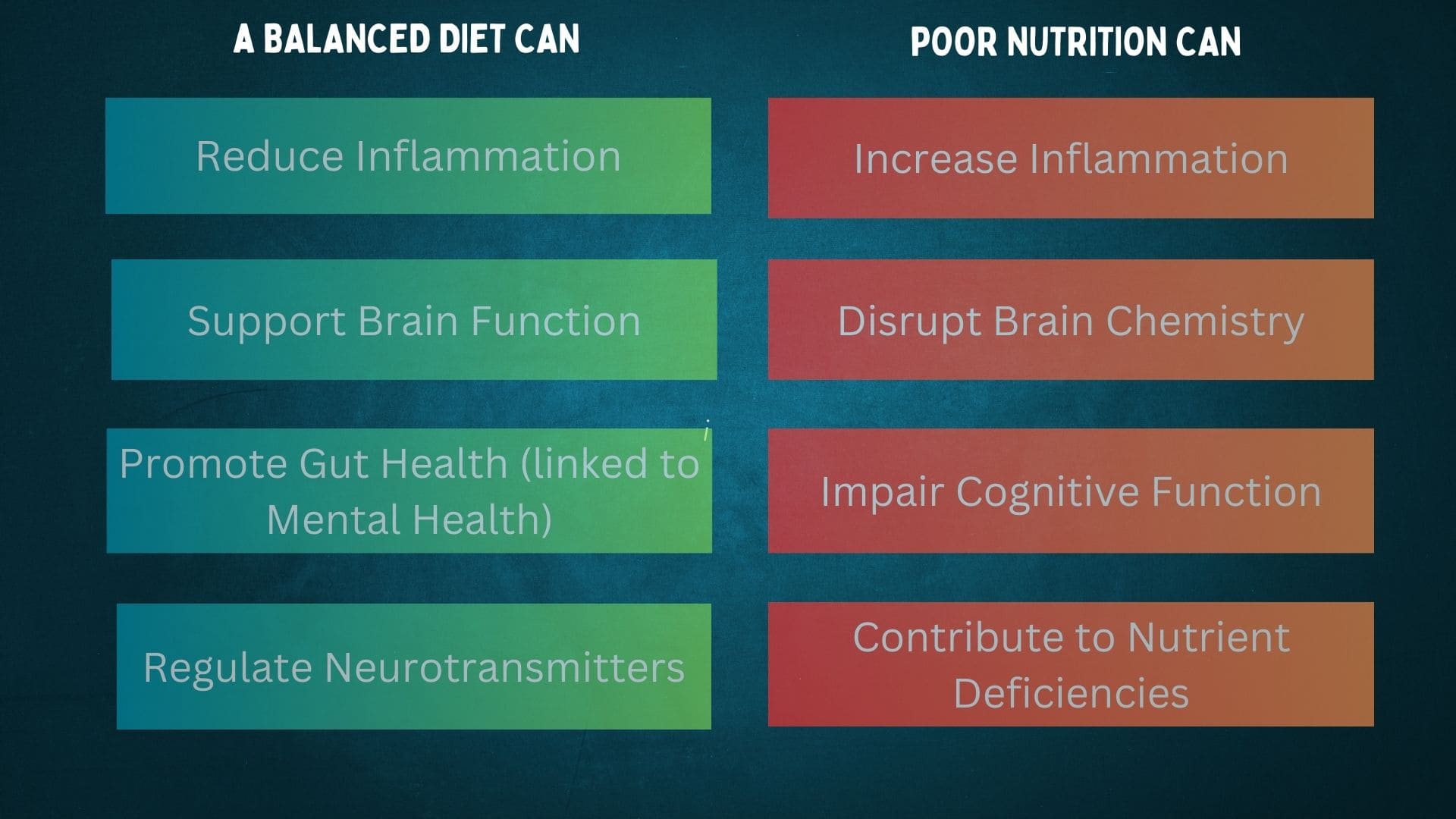
By making mindful dietary choices and incorporating a variety of nutrient-dense foods, individuals can support their mental health and potentially alleviate or prevent mental health issues.
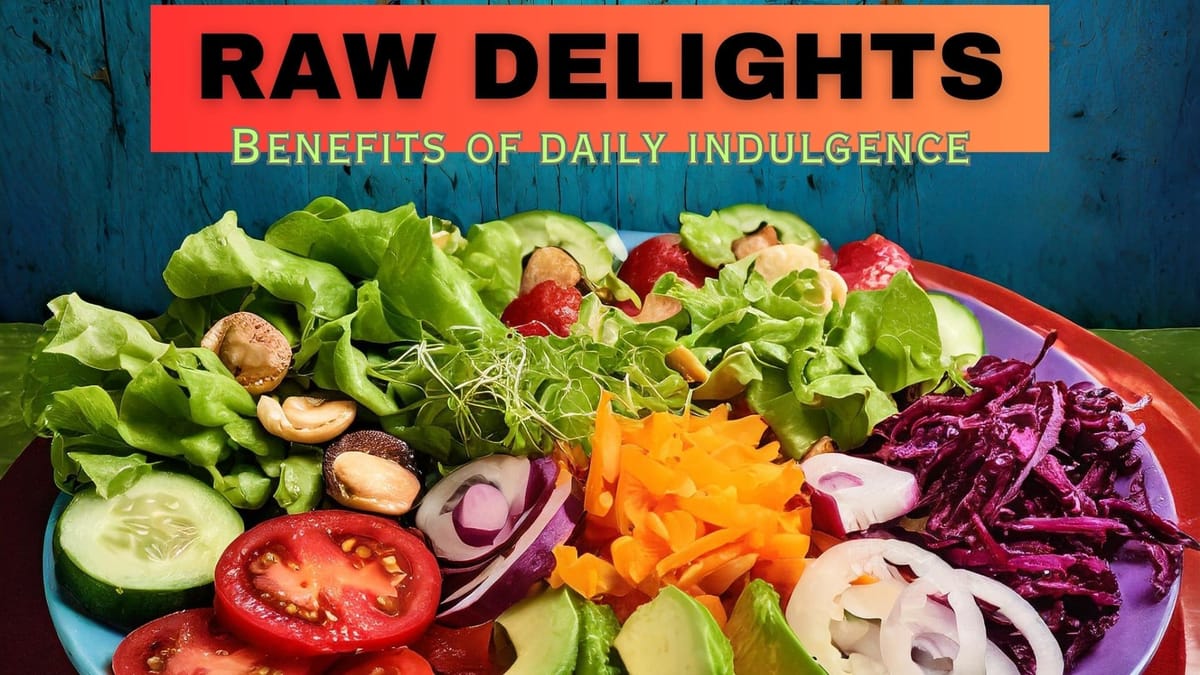
The link between mental health and diet is undeniable. Our dietary choices can significantly impact our emotional well-being, mood, and risk of developing mental health conditions like depression and anxiety. By prioritizing a balanced, nutrient-rich diet and making mindful food choices, we can support our mental health and improve our overall quality of life.
Sources: DiagnosisDiet
See more interesting articles on Health and Wellness on Be Forever Well



